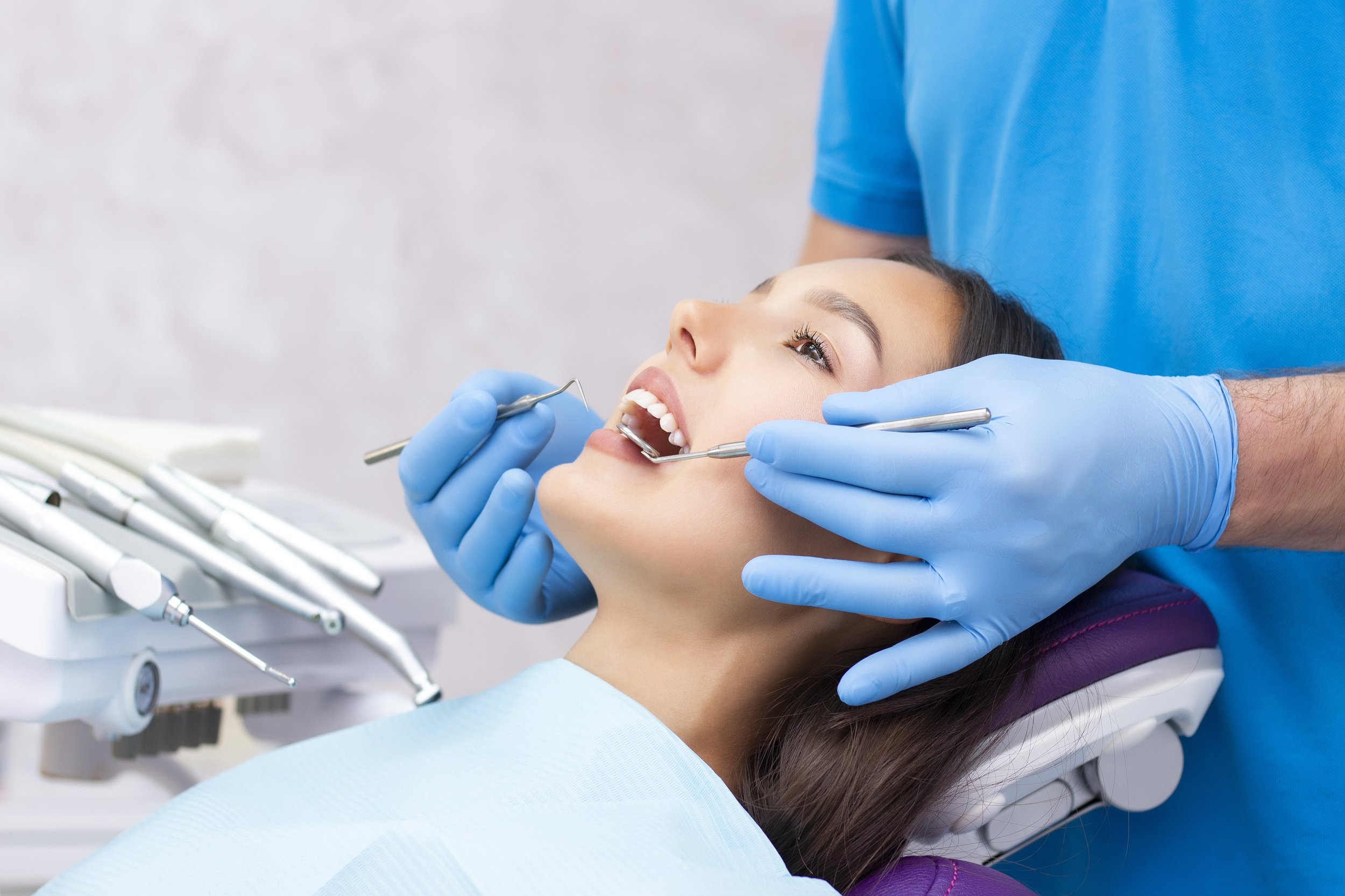There are now a range of different methods for alleviating patients’ anxiety on a short or long-term basis.
Contents
Distraction therapy:
This technique uses audiovisual stimuli (music or films) or therapeutic methods (hypnosis or imaginary journeys) to divert the patient’s attention away from the treatment. “However, this only has a temporary effect on patients’ anxiety,” explains Dr. Regina Schindjalova, director of the Dentaprime Clinic. “As soon as the patient becomes conscious of where they are, their anxiety returns.”
Cognitive behavioural therapy:
Behavioural therapists work on the assumption that anxiety is a learned behaviour. Working over multiple sessions, they confront the patient repeatedly with situations they might encounter in the dentist’s chair, helping them to learn that there is actually nothing to be scared of. The disadvantage of this process is that it can take several weeks.
General anaesthesia:
Many anxious patients lean towards the option of full anaesthesia. However, this is not without its risks. What’s more, it is highly taxing on the body and is frequently associated with post-operative after-effects such as nausea and vomiting.
TIVA (total intravenous anaesthesia):
With this method, the patient is placed in a so-called “twilight sleep” through the intravenous administration of analgesics and sleep-inducing drugs. Though highly effective, the sedative effect is not as deep as with general anaesthesia: imagine a kind of semi-conscious state in which the patient perceives nothing of their environment, yet is not totally “switched off”. “TIVA is gentler on the body than regular anaesthesia, and can be better controlled,” says Dr. Schindjalova. “We have been using this procedure for years and believe it is the right way to proceed for patients with anxiety. To date, we have received only positive feedback from our patients.” TIVA comes with virtually zero post-operative after-effects.
Whenever any kind of anaesthesia is used, it is important that the doctor performing the procedure works alongside a qualified anaesthetist. “The Dentaprime Clinic has its own anaesthetists to attend to the comfort of our patients,” reassures Dr. Schindjalova. “These are the only members of staff who are qualified to assess the required dosage and to carry out the procedure safely.”
Do you suffer from a fear of the dentist? Write us a comment with your questions and personal experiences, and we’ll be delighted to get back to you!


